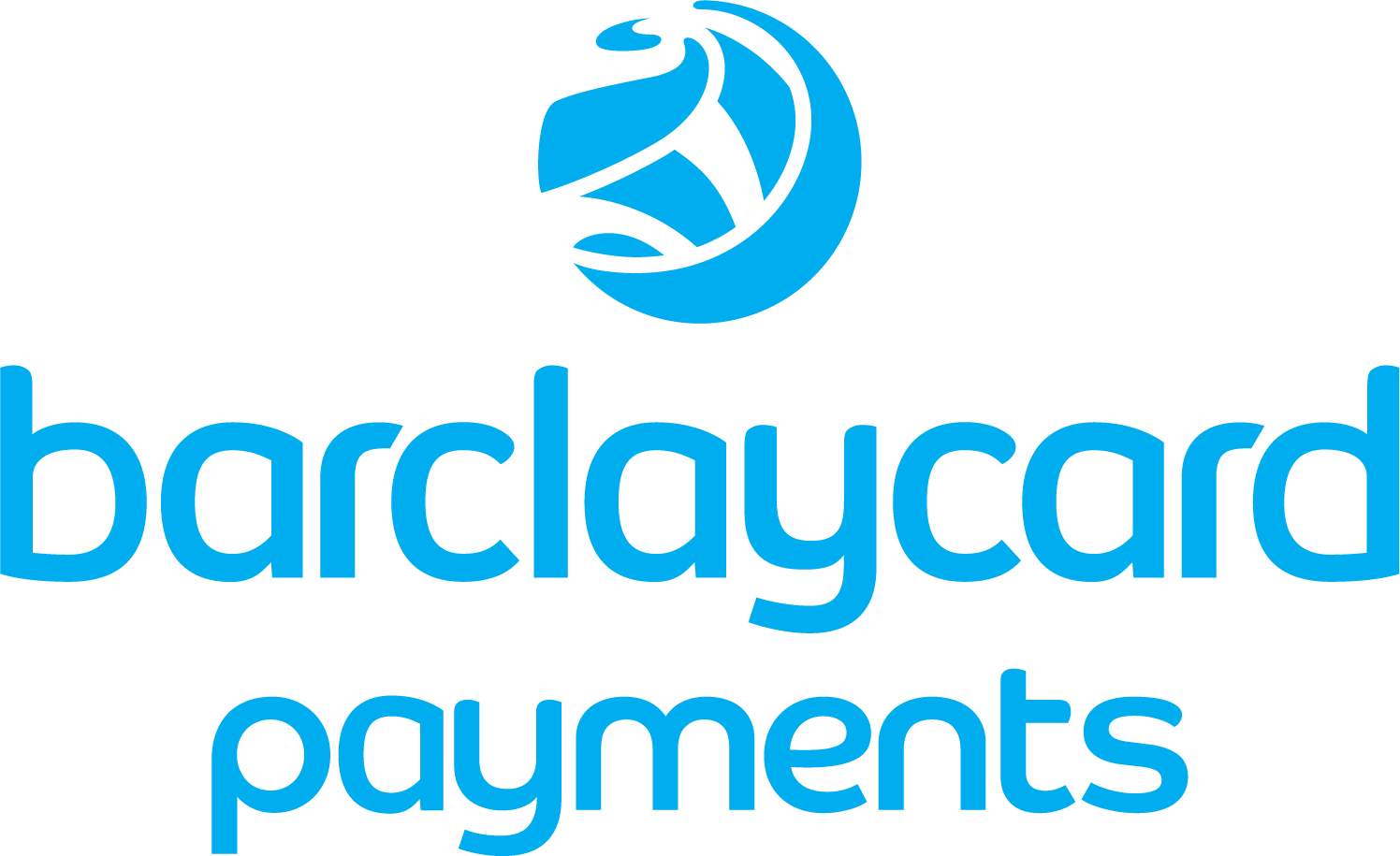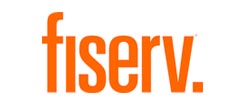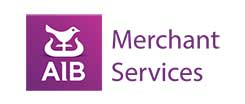- Accept card payments – lowest rates from 0.27%
- Keep your card processing fees to a minimum
- Direct access to the UK’s leading card processing banks
- We ensure your rates always remain competitive
No spam emails or calls
Choose from the payment methods then click Next
What's your turnover each month?
Enter the name of your company
Enter your company's postcode and contact number






The Future of Payments Now: Fast, Secure, and Convenient Options
The way we pay for goods and services has undergone a seismic shift in recent years. From cash-dominated transactions to the rise of digital wallets, contactless payments, and automated systems, the payments industry is evolving at an unprecedented pace. For businesses and consumers in the UK, the future of payments is now—fast, secure, and packed with convenient options that cater to the demands of a modern, tech-savvy world. In this article, we explore the latest trends, technologies, and payment methods shaping the industry, and how they are transforming the way we manage money.
Payments Now: The Rise of Faster Payments and Digital Wallets
One of the most significant advancements in the payments industry is the adoption of faster payments. This system, widely used in the UK, allows individuals and businesses to send and receive payments almost instantly, 24/7. Whether it’s settling invoices, splitting bills, or making purchases, faster payments have eliminated the worry of waiting days for transactions to clear. For merchants, this means improved cash flow and happier customers, while consumers enjoy the convenience of immediate transfers. Additionally, faster payments often come without setup fees, which can be a significant financial benefit for businesses and consumers.
Alongside faster payments, digital wallets have gained immense popularity. Services like Apple Pay, Google Pay, and PayPal allow users to store their bank account or credit card details securely on their phone or other devices. With just a tap or a scan, users can make contactless payments in-store or online, streamlining the checkout process. The growth of digital wallets has also enabled millions of users to manage their money more effectively, with features like transaction history, spending insights, and recurring payments for subscriptions.
The Shift to Digital Payments
The shift to digital payments is transforming the way businesses and consumers make transactions. With the rise of online shopping and mobile payments, digital payments have become the preferred payment method for many. In the UK, debit cards remain the most popular payment method, with volumes increasing by 18% to 23 billion payments in 2022. Contactless payments have also seen a significant increase, with 87% of people making contactless payments at least once a month. As digital payments continue to grow, businesses must adapt to meet the changing needs of their customers.
The Convenience of Recurring Payments and Automated Systems
For businesses, recurring payments have become a game-changer. Whether it’s a monthly subscription service, a gym membership, or utility bills, automated payment systems ensure that payouts are made on time without the need for manual intervention. This not only reduces the risk of missed payments but also improves conversion rates for businesses by offering a hassle-free experience for customers. Additionally, many automated payment systems do not require setup fees, making them more accessible for businesses.
The provision of recurring payment options is particularly beneficial for enterprise-level organisations and small businesses alike. By integrating automated payment systems into their platform, companies can accept payments seamlessly, reducing the cost and resources required to manage transactions. Additionally, automated systems provide merchants with real-time data on payment status, helping them track invoices and forecast revenue more accurately.
Security: A Top Priority in the Payments Industry
As the payments industry continues to grow, so does the importance of security. With millions of transactions taking place every day, protecting sensitive details such as bank account information and credit card numbers is paramount. Fortunately, advancements in technology have made payments safer than ever.
Tokenisation, for example, replaces sensitive data with unique tokens during a transaction, ensuring that customers’ information is never exposed. Similarly, authorised payment platforms use encryption and multi-factor authentication to safeguard account details. For consumers, this means peace of mind when making purchases online or in-store. For businesses, robust security measures help build trust and loyalty among users.
The rise of contactless payments has also raised questions about security. However, the UK has implemented strict regulations to ensure that contactless transactions are safe. With a cap on the average transaction amount and the requirement for periodic PIN verification, consumers can use contactless payments without worry.
The Role of Banks and Fintech Companies
Traditional banks and fintech companies are playing a pivotal role in shaping the future of payments. While banks continue to offer reliable services like bank statements and faster payments, fintech firms are driving innovation with cutting-edge solutions. From mobile apps that allow users to split bills with friends to marketplace platforms that facilitate payouts for sellers, fintech is revolutionising the way we pay and receive payments. Many fintech companies eliminate setup fees to attract more customers and make their services more accessible.
In London, the fintech scene is thriving, with startups and established players alike competing to create the next big thing in payments. These companies are leveraging data and technology to offer tailored solutions for businesses and consumers, from automated invoicing to subscription management tools. The collaboration between banks and fintech firms is also fostering growth, as traditional financial institutions adopt innovative technologies to stay competitive.
Access to Bank Account Data
Access to bank account data is a crucial aspect of digital payments. With the introduction of Open Banking, customers can securely share their bank account data with businesses, allowing for faster and more efficient payments. This data includes account information, balances, and transaction data, enabling businesses to provide personalized services and improve the overall payment experience. Connections are available to 2,300+ banks across the UK and Europe, making it easier for businesses to access bank account data and provide seamless payment experiences.
The Impact on Businesses and Consumers
The evolution of payment methods is having a profound impact on both businesses and consumers. For businesses, the ability to accept multiple payment options—from credit cards to digital wallets—is essential for staying competitive in today’s market. Offering flexible payment solutions can also improve conversion rates, as customers are more likely to complete a purchase if their preferred payment method is available. Additionally, the absence of setup fees can significantly reduce the initial costs for businesses, making it easier for them to adopt new payment methods.
For consumers, the benefits are equally significant. The convenience of contactless payments, the speed of faster payments, and the security of authorised platforms make managing money easier than ever. Additionally, the rise of recurring payments and subscriptions allows users to automate their finances, saving time and reducing the risk of missed payments.
What’s Next?
As we look ahead, the payments industry shows no signs of slowing down. Emerging technologies like blockchain and artificial intelligence are poised to further transform the way we pay and receive payments. For example, blockchain could enable faster, more secure cross-border transactions, while AI could enhance fraud detection and personalise payment experiences.
The UK is at the forefront of this innovation, with a thriving fintech ecosystem and a strong regulatory framework that supports growth. As more businesses and consumers embrace digital payment solutions, the industry will continue to evolve, offering even faster, more secure, and more convenient options.
The future of payments is now, and it’s all about speed, security, and convenience. From faster payments and digital wallets to recurring payments and automated systems, the options available to businesses and consumers in the UK are more advanced than ever. As technology continues to drive innovation, the payments industry will remain a dynamic and exciting space, offering new opportunities for growth and transformation.
Whether you’re a business looking to streamline your payment processes or a consumer seeking a more convenient way to manage your money, the future of payments has something for everyone. By staying informed and embracing the latest trends, you can make the most of the fast, secure, and convenient options available today.
The Future of Payments Now: Fast, Secure, and Convenient Options
The payments landscape is undergoing a radical transformation, driven by technological advancements and shifting consumer preferences. In the UK, the way we pay for goods and services is becoming faster, more secure, and increasingly convenient. From the rise of contactless payments and digital wallets to the growing acceptance of cryptocurrencies, the future of payments is here—and it’s reshaping the way businesses and consumers interact. In this article, we explore the latest trends, technologies, and payment methods that are defining the industry, with a focus on the UK market.
The Dominance of Debit and Credit Cards
Debit cards remain the most popular payment method in the UK, with their usage increasing by 18 percent in 2022. For the first time, half of all payments in the UK were made using debit cards, highlighting their widespread adoption. Credit card usage also saw significant growth, with payments increasing by 19 percent from 3.4 billion in 2021 to 4.1 billion in 2022. This surge reflects the convenience and flexibility that card payments offer, both in-store and online.
Contactless payments have played a major role in this growth. In 2022, there were 17 billion contactless payments across both debit and credit cards, representing a 30 percent increase from the previous year. An impressive 87 percent of people in the UK made contactless payments at least once a month, underscoring the popularity of this quick and hassle-free payment method. As consumers continue to prioritise speed and convenience, contactless technology is set to remain a cornerstone of the UK payments landscape.
The Decline of Cash and the Rise of Digital Alternatives
While cash remains a part of the payments ecosystem, its share has been steadily declining. In 2022, cash transactions accounted for just 14 percent of total payments in the UK, down from 15 percent in 2021. However, the total number of cash payments actually increased to 6.4 billion, suggesting that while its overall share is shrinking, cash is still used by a significant portion of the population.
At the same time, digital payment methods are gaining traction. Remote banking was used by 86 percent of adults in the UK in 2022, while 30 percent of the adult population was registered for at least one mobile payment service. These trends highlight the growing preference for digital and mobile-first solutions, which offer greater convenience and flexibility compared to traditional payment methods.
The Emergence of Cryptocurrency Payments
Cryptocurrencies are no longer a niche concept—they are becoming a viable payment method for businesses and consumers alike. Many platforms now accept cryptocurrencies like Bitcoin, Ethereum, and USDT in real time, enabling seamless transactions without the need for intermediaries. Some services even support over 300 cryptocurrencies, including Bitcoin, Ethereum, and Litecoin, catering to a diverse range of users.
For businesses, integrating cryptocurrency payments has never been easier, thanks to powerful APIs that facilitate seamless crypto payment processing. These APIs allow merchants to accept crypto payments alongside traditional methods, providing customers with more choice and flexibility. Notably, some platforms do not require compulsory KYC for customers who pay in crypto, streamlining the process for users who value privacy.
The adoption of cryptocurrency payments is not limited to the UK. Many platforms work with merchants from India, subject to local regulations on cryptocurrency transactions. This global reach underscores the potential of cryptocurrencies to revolutionise the payments industry on a worldwide scale.
Buy Now Pay Later: A Growing Trend
Buy Now Pay Later (BNPL) services have gained significant popularity in the UK, particularly among younger consumers. Around one in eight people reported using BNPL services to make purchases in 2022, with those aged 25 to 34 using them most frequently. Interestingly, usage among older demographics is also on the rise, with eight percent of people aged 65 and over reporting BNPL usage—up from four percent in the previous year.
Services like Pay in 3 are particularly appealing, offering interest-free loans that allow users to split payments into three parts. Users make the first payment at the time of purchase, with subsequent payments due monthly. While BNPL can be a helpful tool for managing budgets, it’s important to note that it is an unregulated credit agreement, and users should exercise caution to avoid overextending themselves financially.
The Role of Stripe in Powering Modern Payments
Stripe has emerged as a leading player in the payments industry, processing hundreds of billions of pounds each year for businesses of all sizes. The platform allows businesses to integrate payments into their platforms or marketplaces, providing end-to-end payment experiences for customers. Stripe supports both one-time and recurring payments, making it an ideal solution for businesses offering subscriptions or invoicing services. Additionally, Stripe eliminates setup fees, making it easier for businesses to integrate their payment solutions.
One of Stripe’s standout features is its ability to collect automated payments via Direct Debit on due dates. This functionality is perfect for businesses that rely on recurring payments, such as subscription-based services or utility providers. By automating the payment process, Stripe helps businesses reduce administrative overhead and improve cash flow.
The Shift Towards Automated and Recurring Payments
Automation is transforming the way businesses handle payments. Automated payments are becoming increasingly popular, particularly for subscriptions and recurring payments. These systems ensure that payments are collected on time, reducing the risk of missed payments and improving cash flow for businesses. For consumers, automation offers convenience, allowing them to manage their finances more effectively without worrying about due dates. Additionally, many automated payment systems come without setup fees, making them more accessible for businesses.
The rise of recurring payments is also driving growth in the subscription economy. From streaming services to gym memberships, businesses are leveraging automated payment systems to offer seamless experiences for their customers. This trend is expected to continue as more businesses adopt subscription-based models.
Security and Trust in the Payments Industry
As the payments industry evolves, security remains a top priority. With millions of transactions taking place every day, protecting sensitive data is essential. Advanced encryption, tokenisation, and multi-factor authentication are just some of the measures being used to safeguard account details and ensure secure transactions.
For consumers, trust is a key factor when choosing a payment method. Platforms that prioritise security and transparency are more likely to build long-term relationships with their users. This is particularly important in the context of emerging technologies like cryptocurrencies, where concerns about fraud and volatility can deter adoption.
First Payment Experience
The first payment experience is critical in setting the tone for future transactions. With instant, one-off payments, customers can pay directly from their bank account, skipping the high fees associated with card payments. This payment method benefits both the customer and the business, providing a quick and easy way to make transactions. Automated, recurring payments also offer a convenient way to collect payments on the due date via Direct Debit, suitable for subscriptions, instalments, and invoicing for services.
Payment Infrastructure
A robust payment infrastructure is essential for businesses to accept payments online and in person. Stripe is a financial infrastructure platform used by millions of companies to accept payments and power custom revenue models. The platform allows businesses to embed financial services, reduce costs, grow revenue, and run their business more efficiently. With a range of features, including payment processing, revenue operations, and business models, Stripe provides a fully integrated platform for businesses to manage their payments-related needs.
Conclusion: The Future is Here
The future of payments is now, and it’s defined by speed, security, and convenience. From the dominance of debit cards and contactless payments to the rise of cryptocurrencies and Buy Now Pay Later services, the UK payments landscape is more diverse and dynamic than ever. Businesses that embrace these trends and offer flexible, secure payment options will be well-positioned to thrive in this rapidly evolving industry.
For consumers, the benefits are clear: faster transactions, greater choice, and enhanced security. Whether you’re making a contactless payment at the checkout, splitting a bill with friends, or paying with Bitcoin, the future of payments is designed to make your life easier.
As technology continues to drive innovation, the payments industry will remain at the forefront of the digital revolution. By staying informed and adapting to new trends, businesses and consumers alike can make the most of the fast, secure, and convenient payment options available today. The future of payments is here—and it’s just getting started.